40 years Bundesliga: 'Go West' - A football tale from flight to the fall of the Berlin Wall
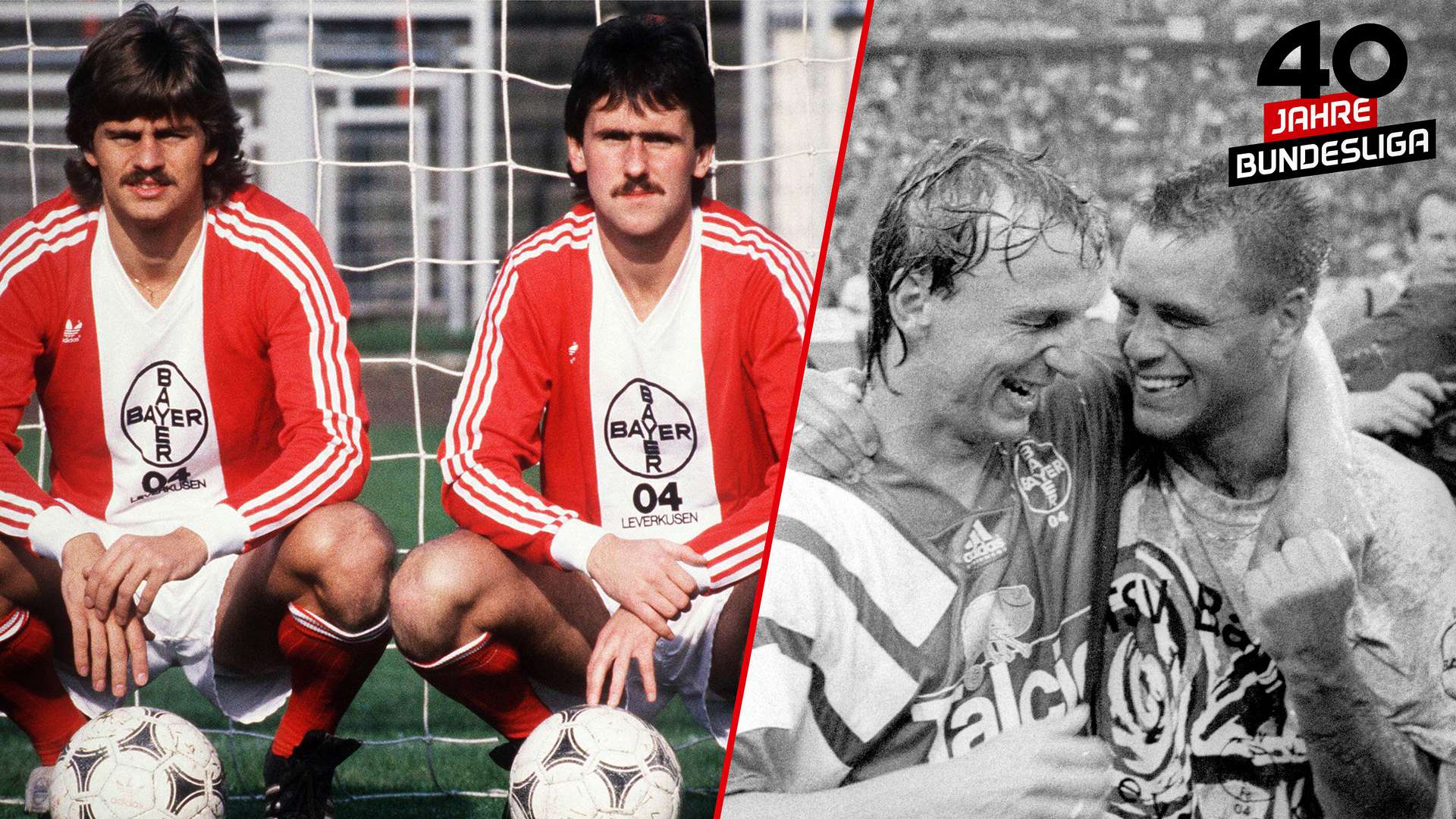
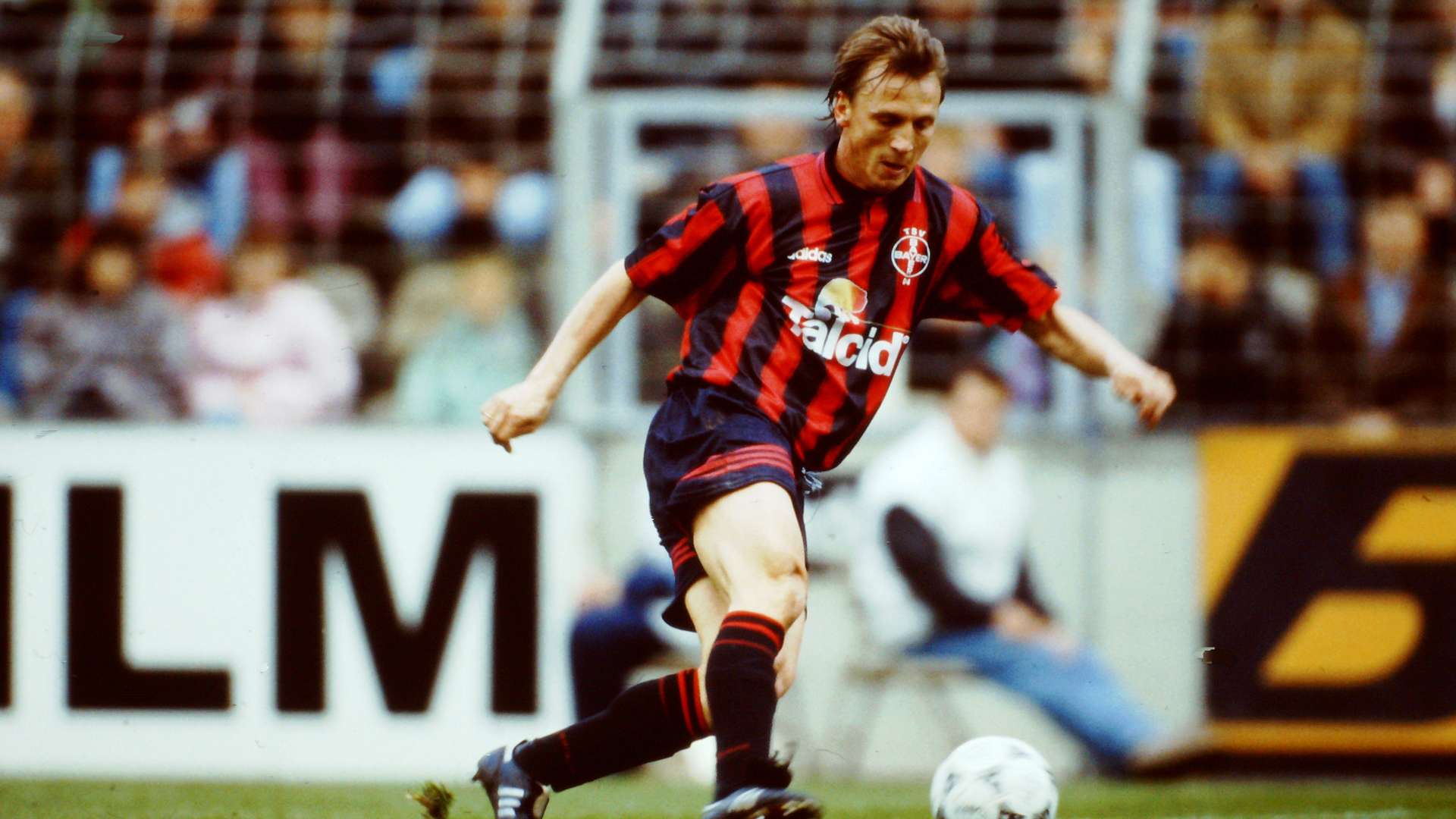
Excellent technique and incredible pace: Andreas Thom
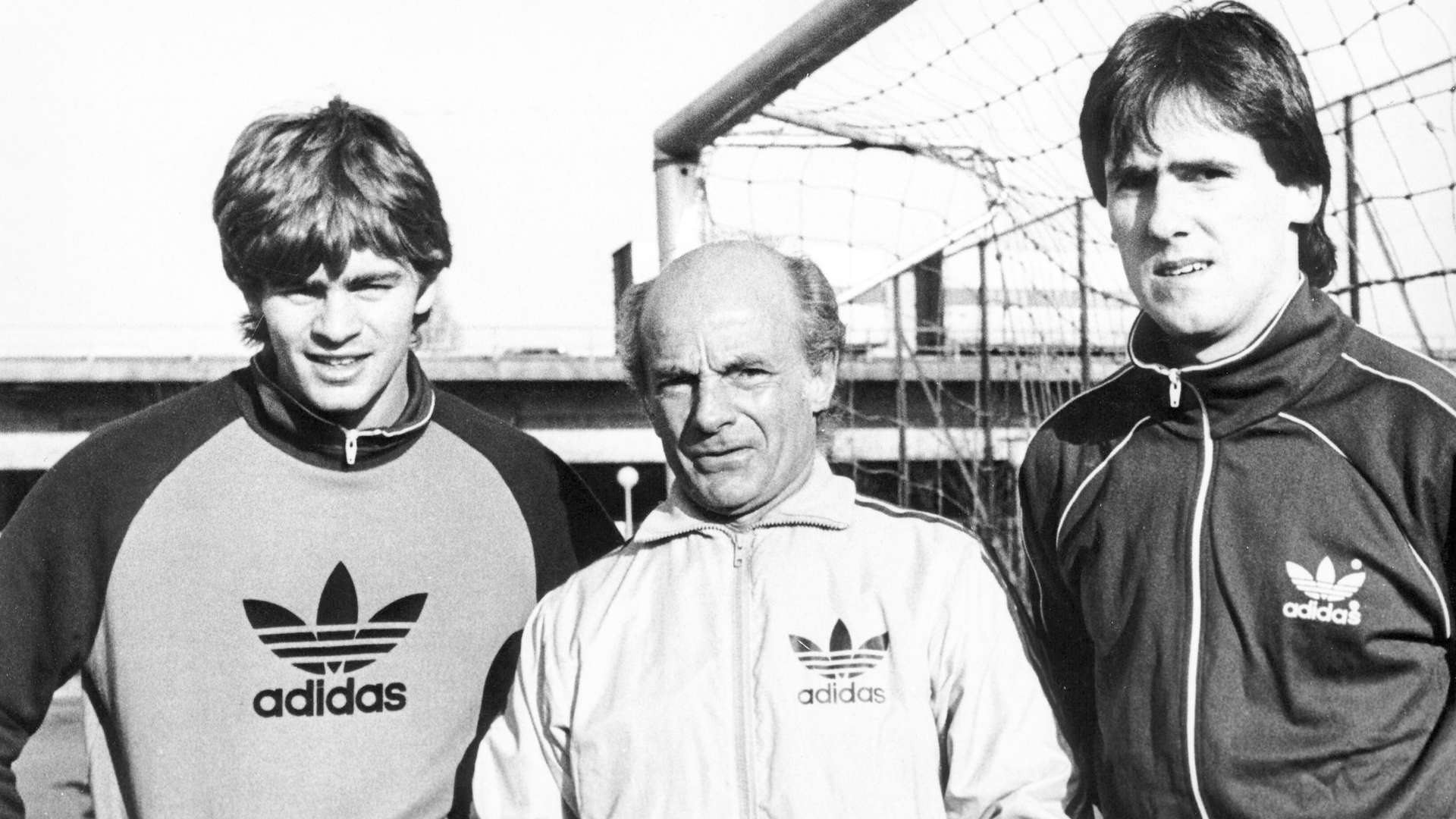
Falko Götz (l.) and Dirk Schlegel with the then Bayer 04 coach Dettmar Cramer
„It was important for me to make contact with Jörg Berger. He was my first port of call.
„The Wall has gone and now there's a thaw. 'Gorbi' and 'Wind of Change' instead of concrete and blockades.
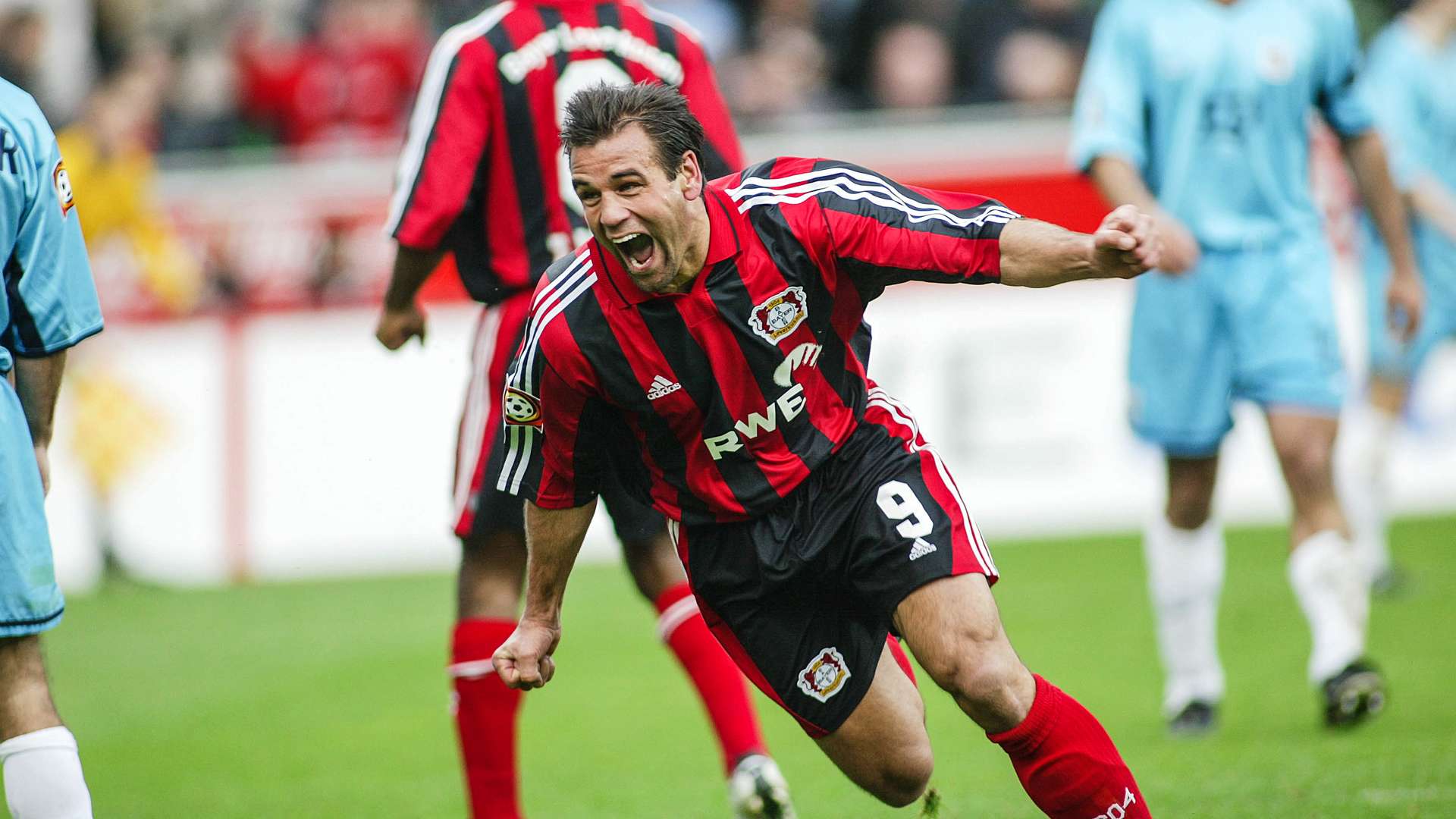
Master goalscorer: Ulf Kirsten is still "my best ever transfer - in spite of all the Brazilians," according to Reiner Calmund.
„He sat with us on the bench with a photographers' bib on and he didn't put a foot wrong.
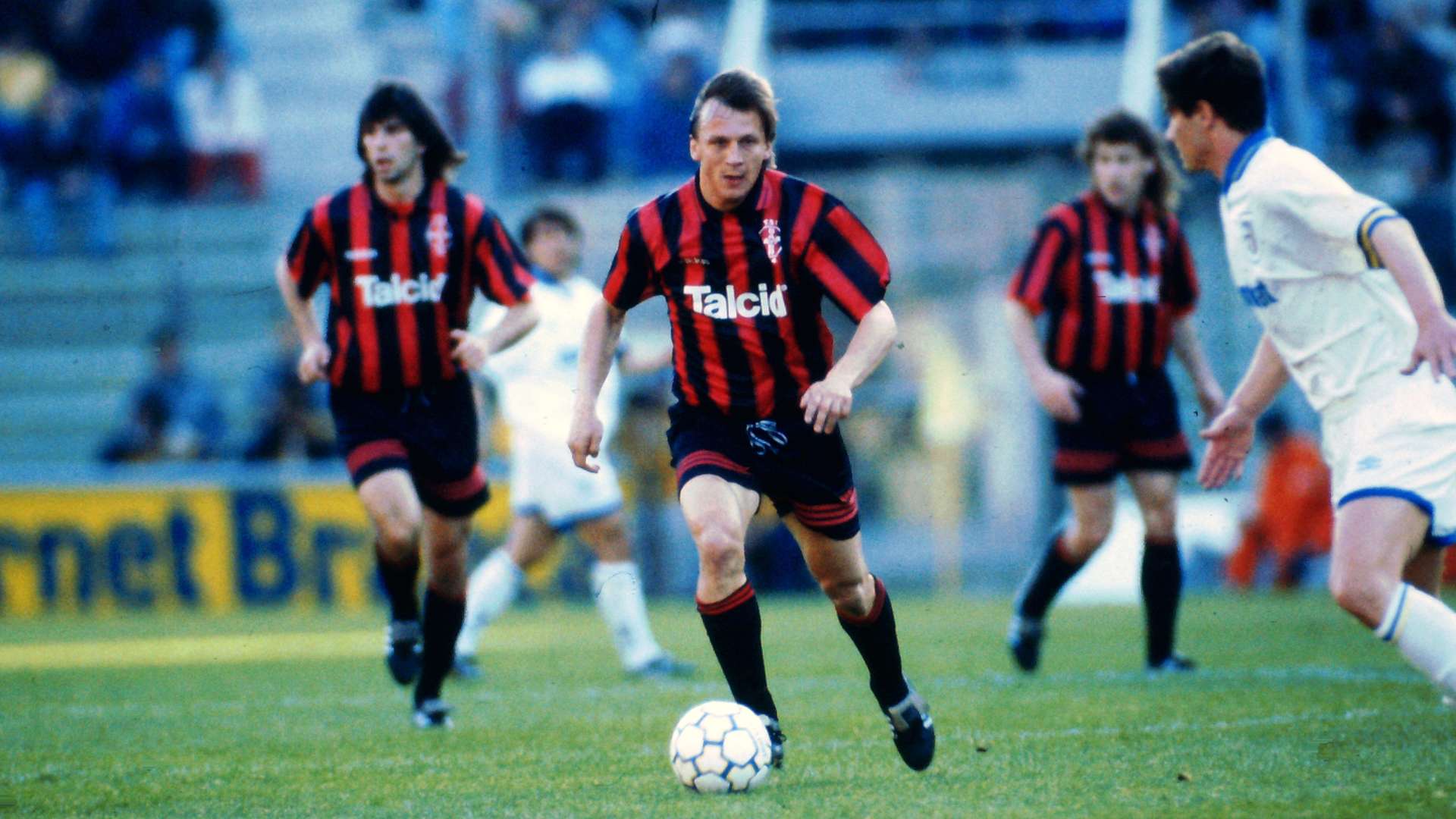
A pioneer who scored on his debut: Andi Thom was signed in December 1989.
„You could see I only had one head and two legs.
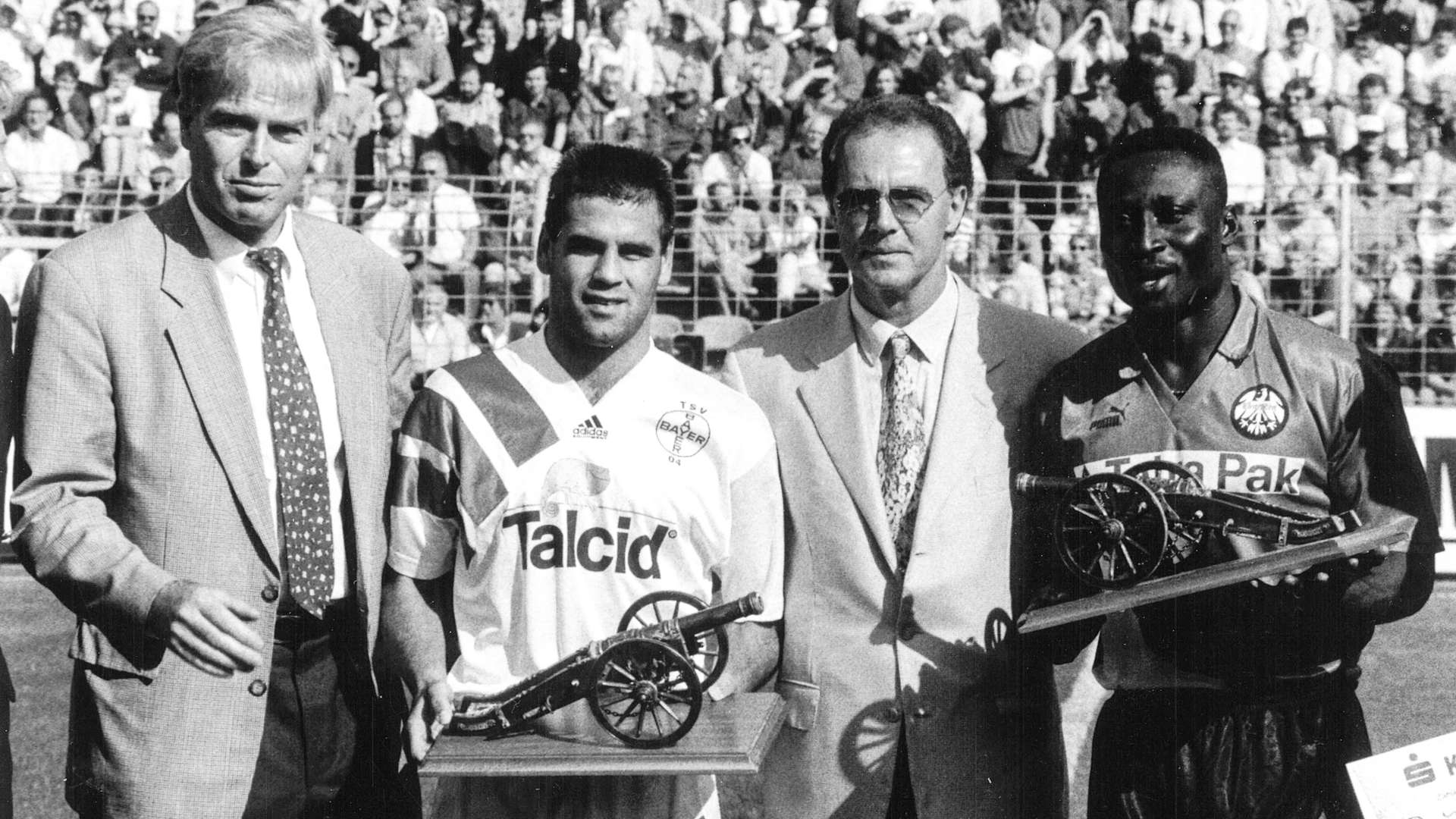
He was a hotshot: Ulf Kirsten was top scorer in the Bundesliga three times.

Eight years at the Werkself as goalkeeping coach: Werner Friese, who passed away in 2016, here with coach Erich Ribbeck
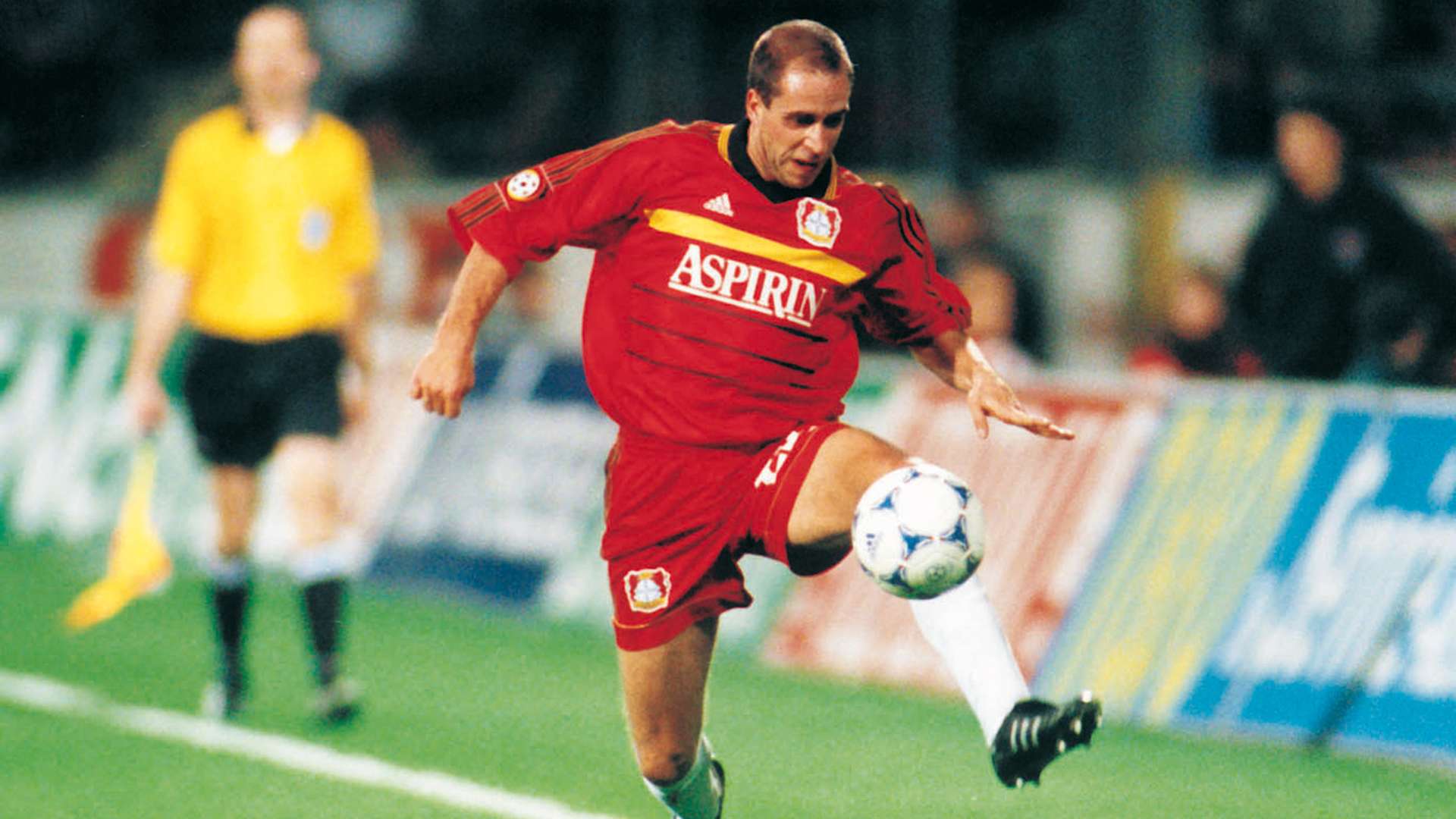
And he became an international at Bayer 04: Stefan 'Paule' Beinlich.
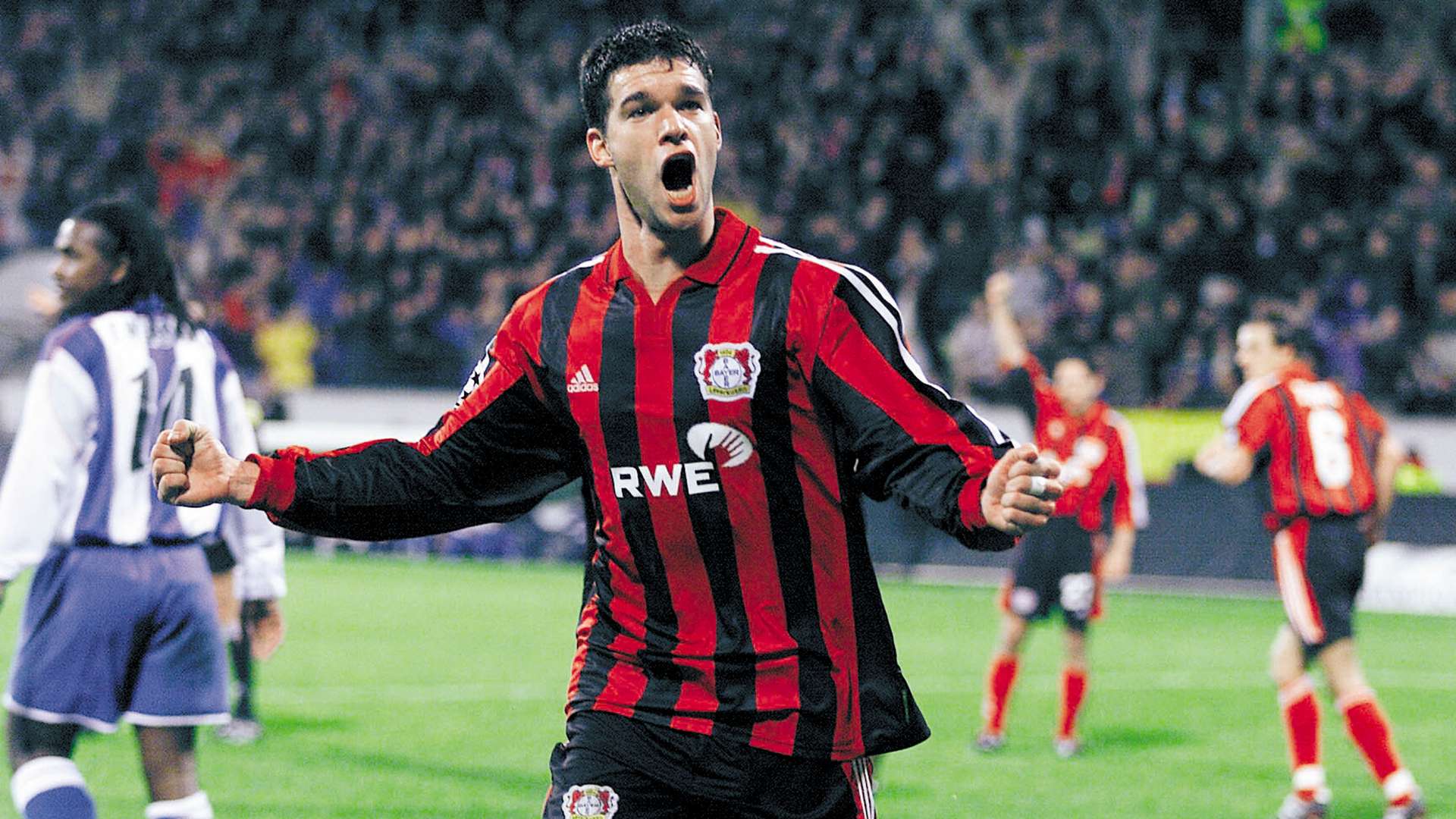
A leader in Black and Red: Michael Ballack
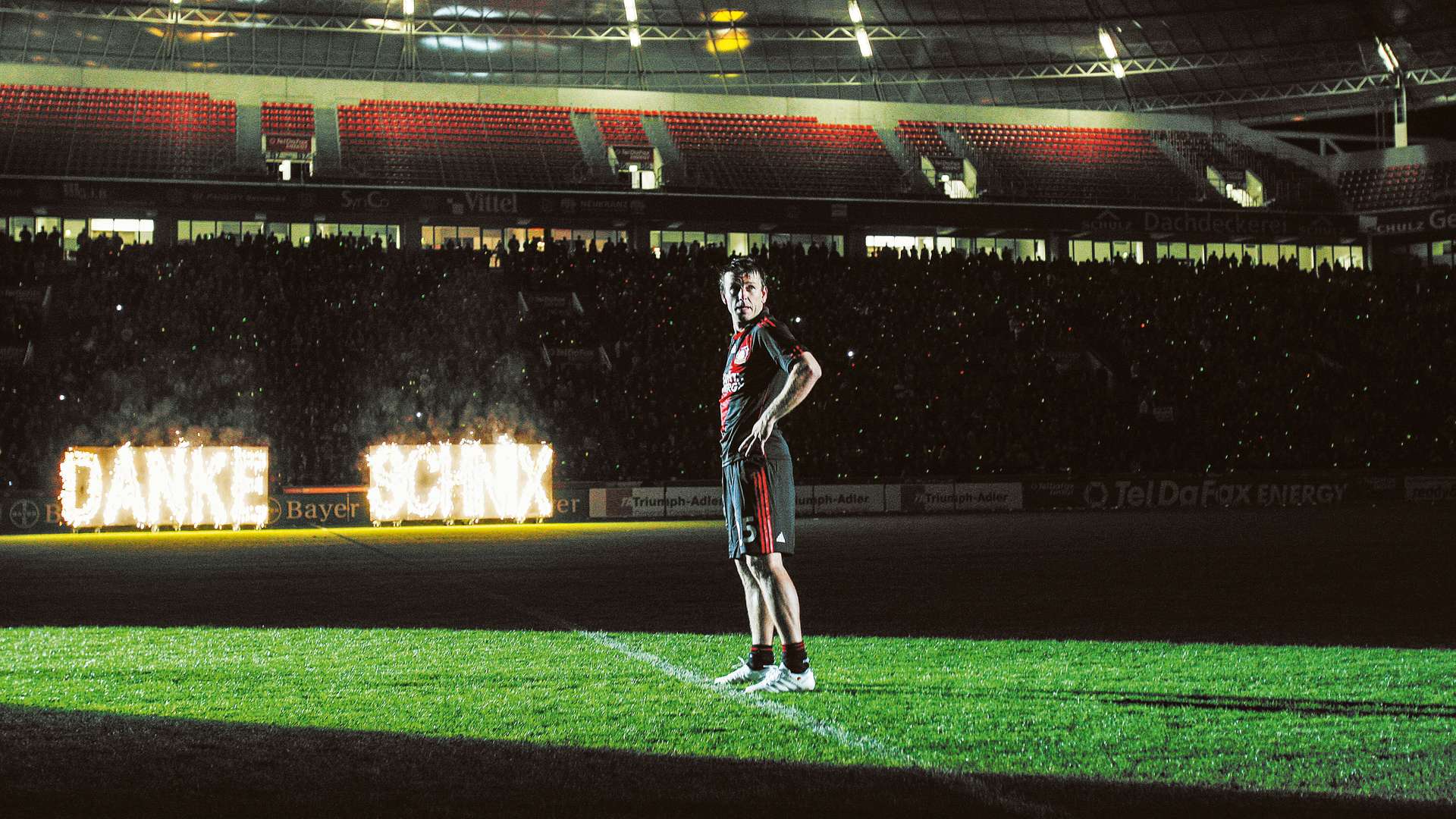
An unforgettable experience: Bernd Schneider in his final game at the BayArena in 2010.
